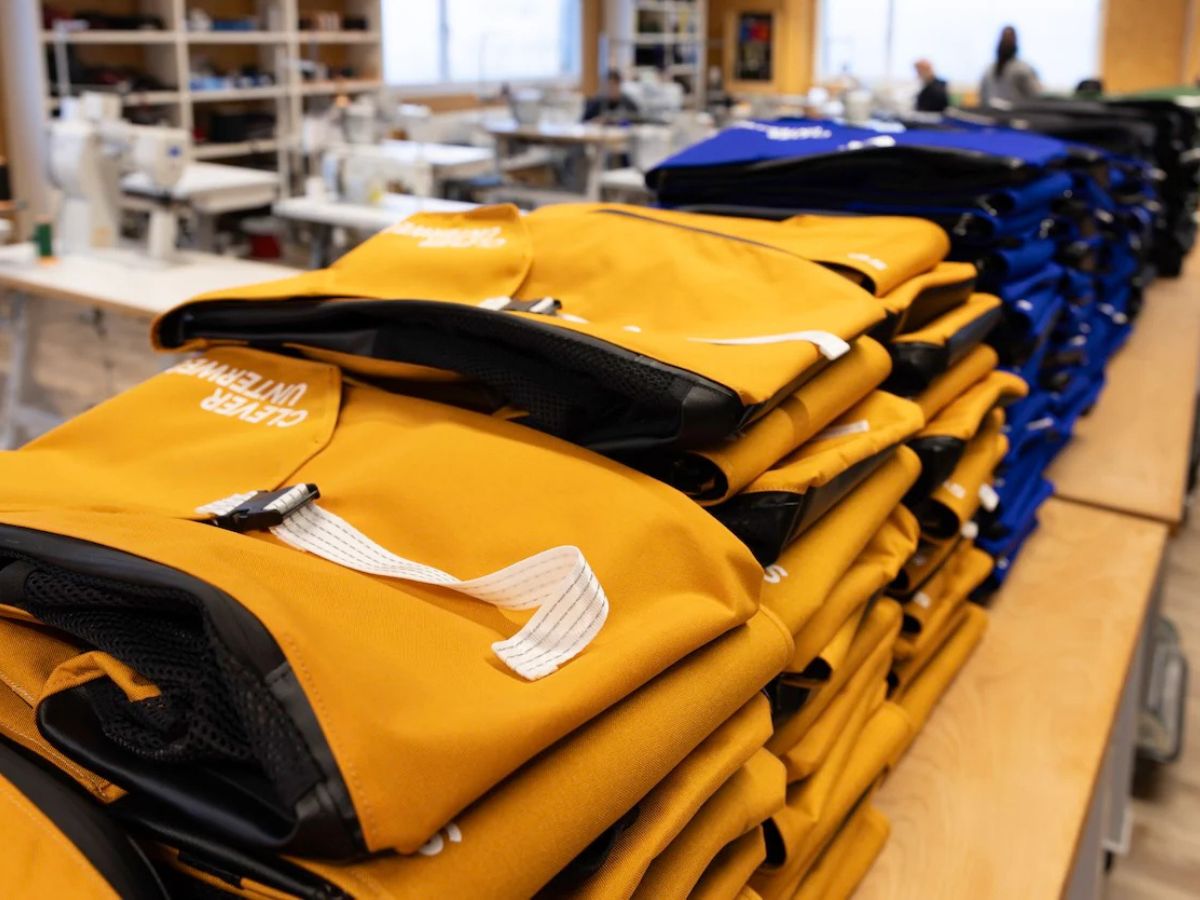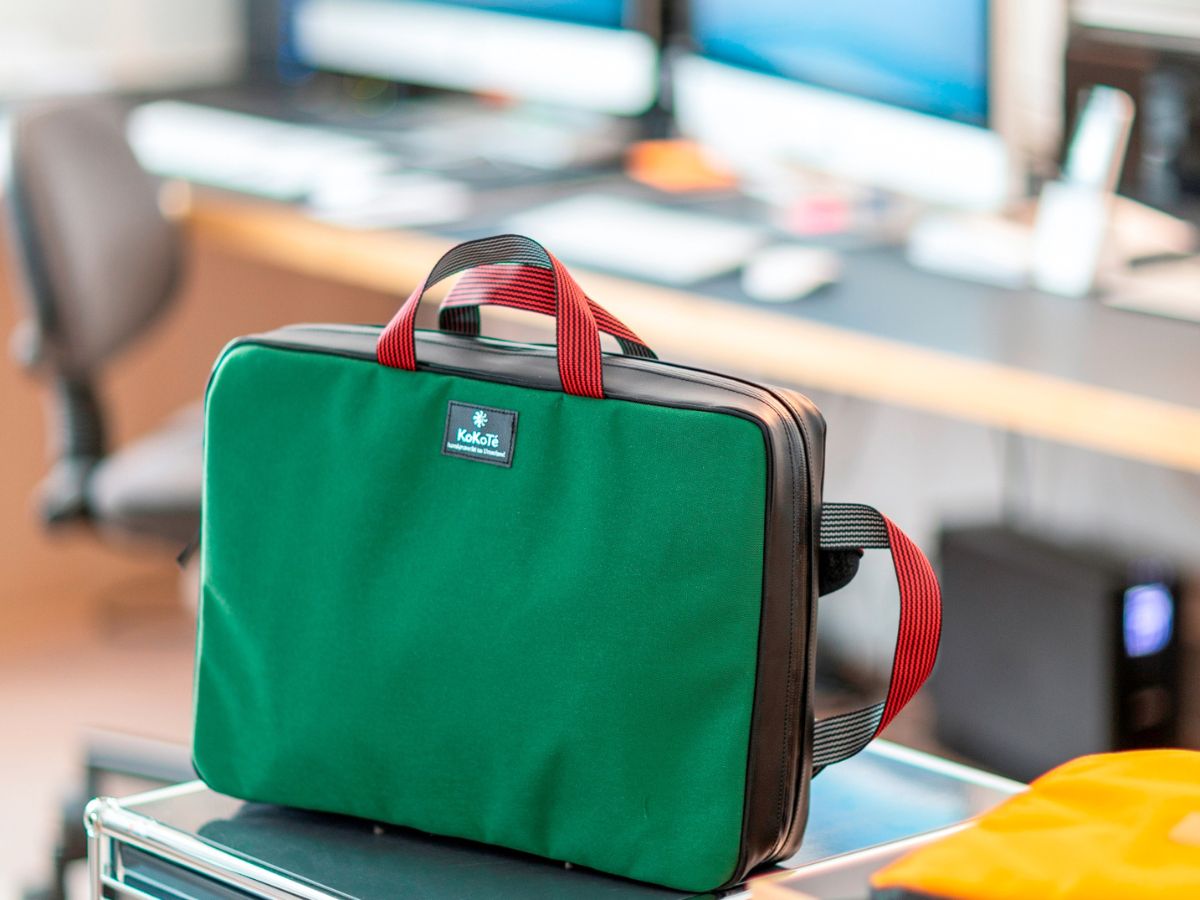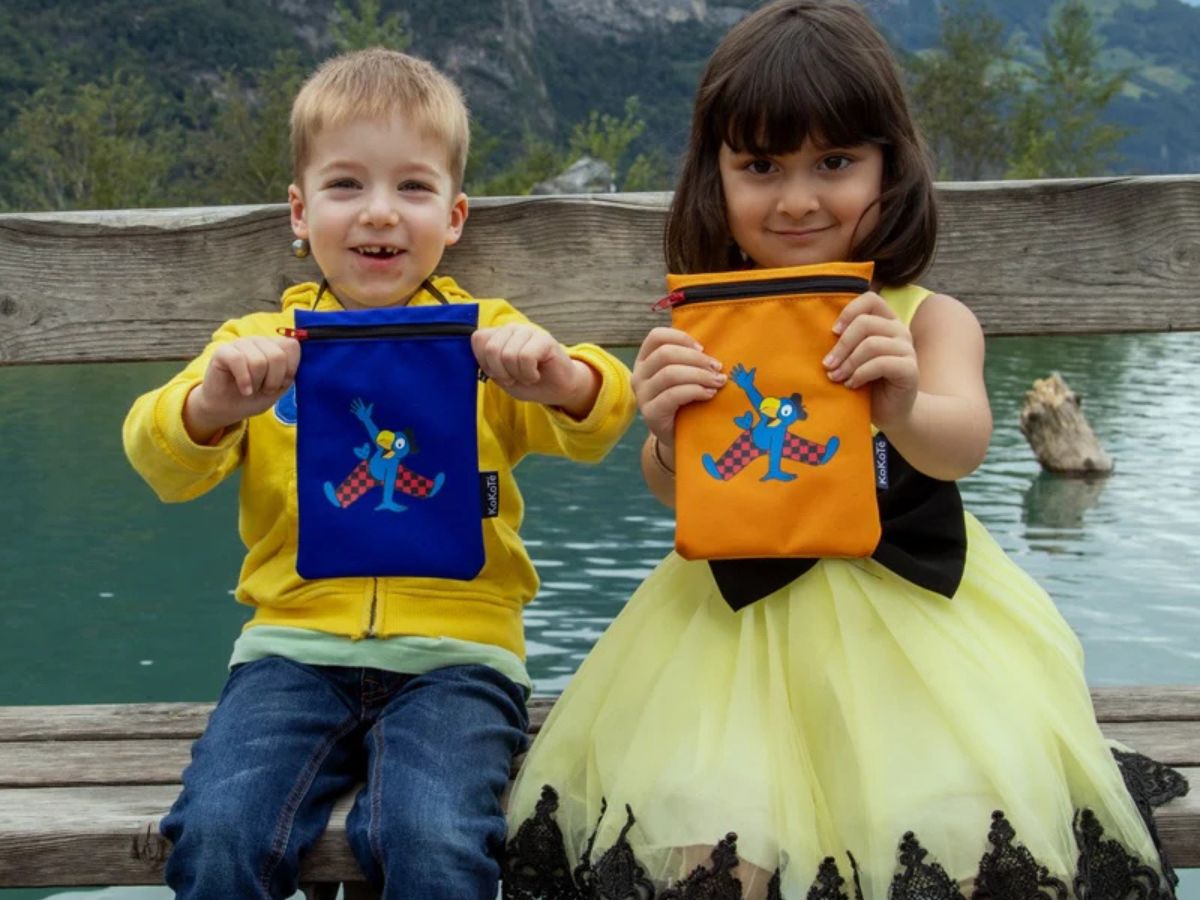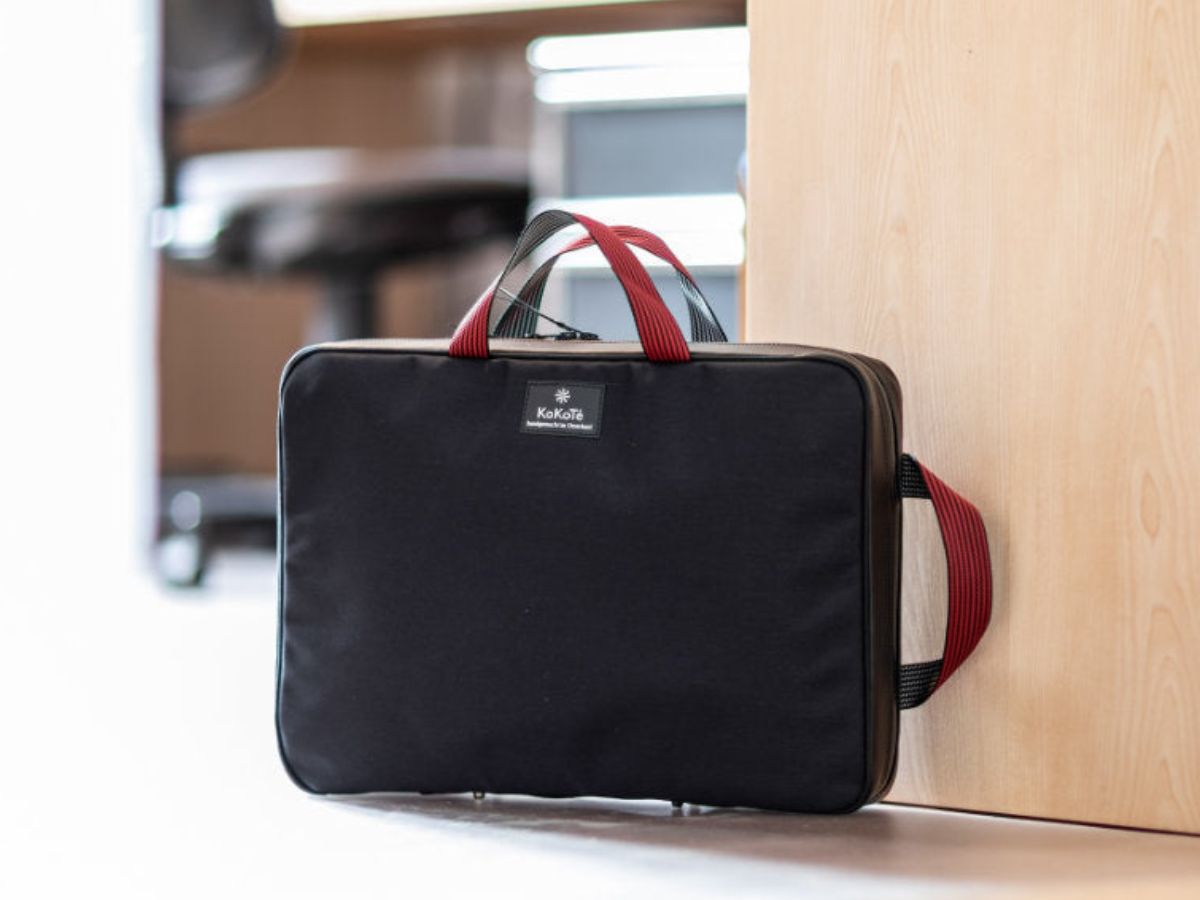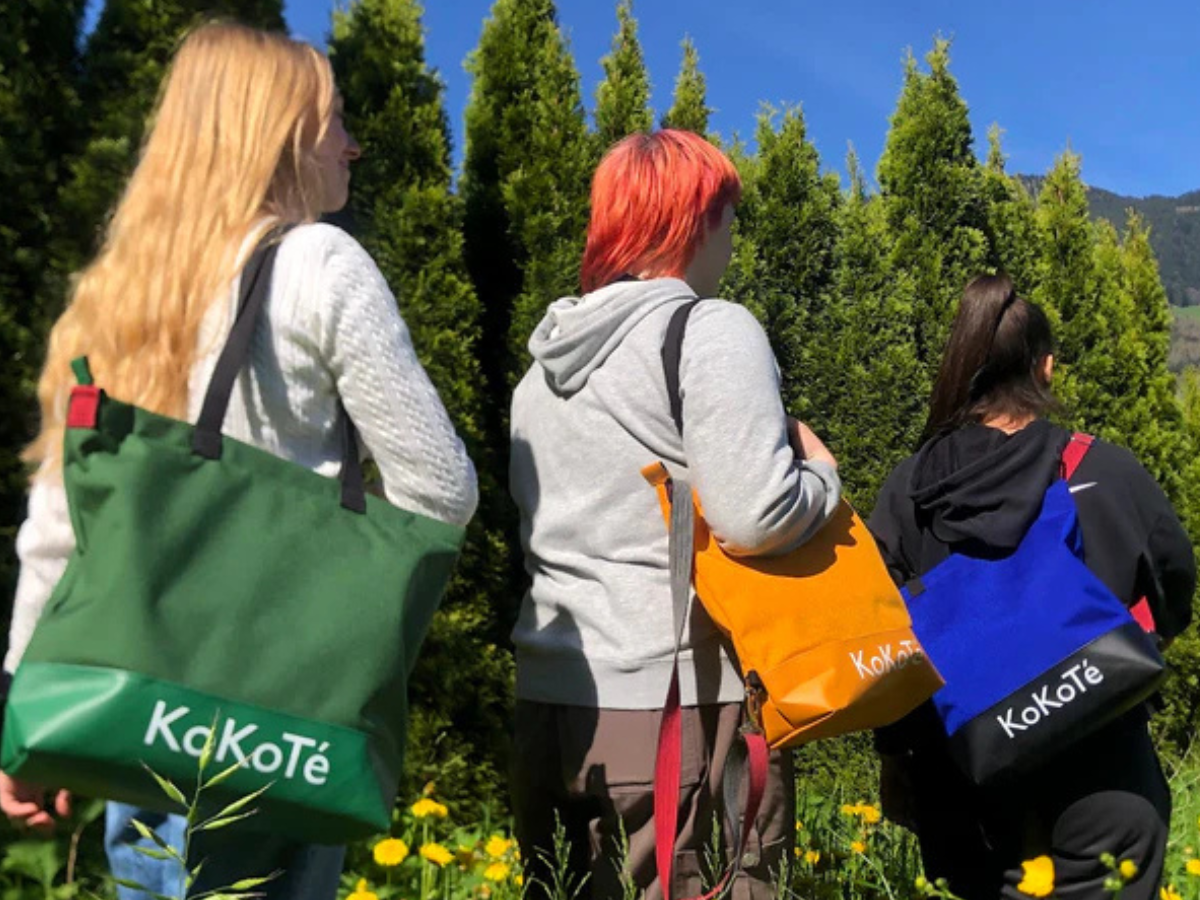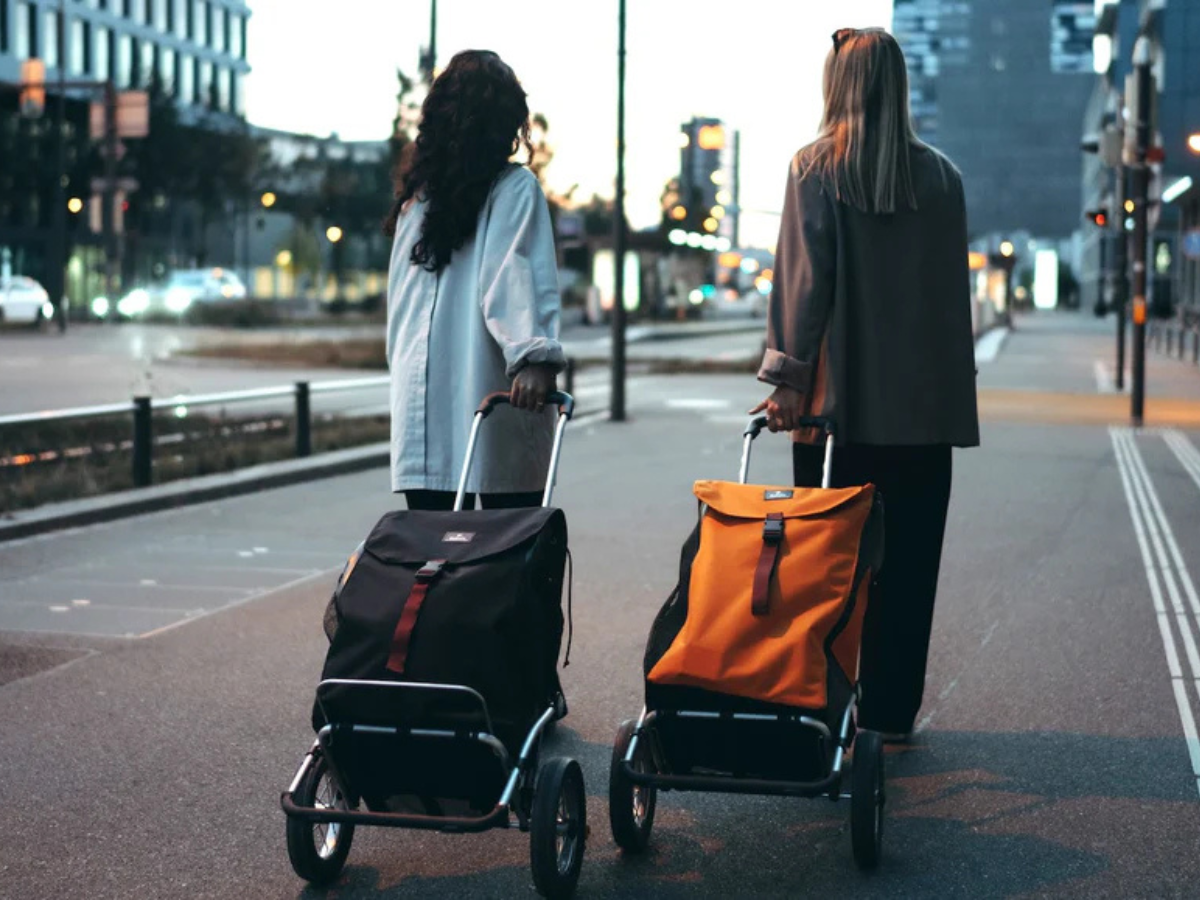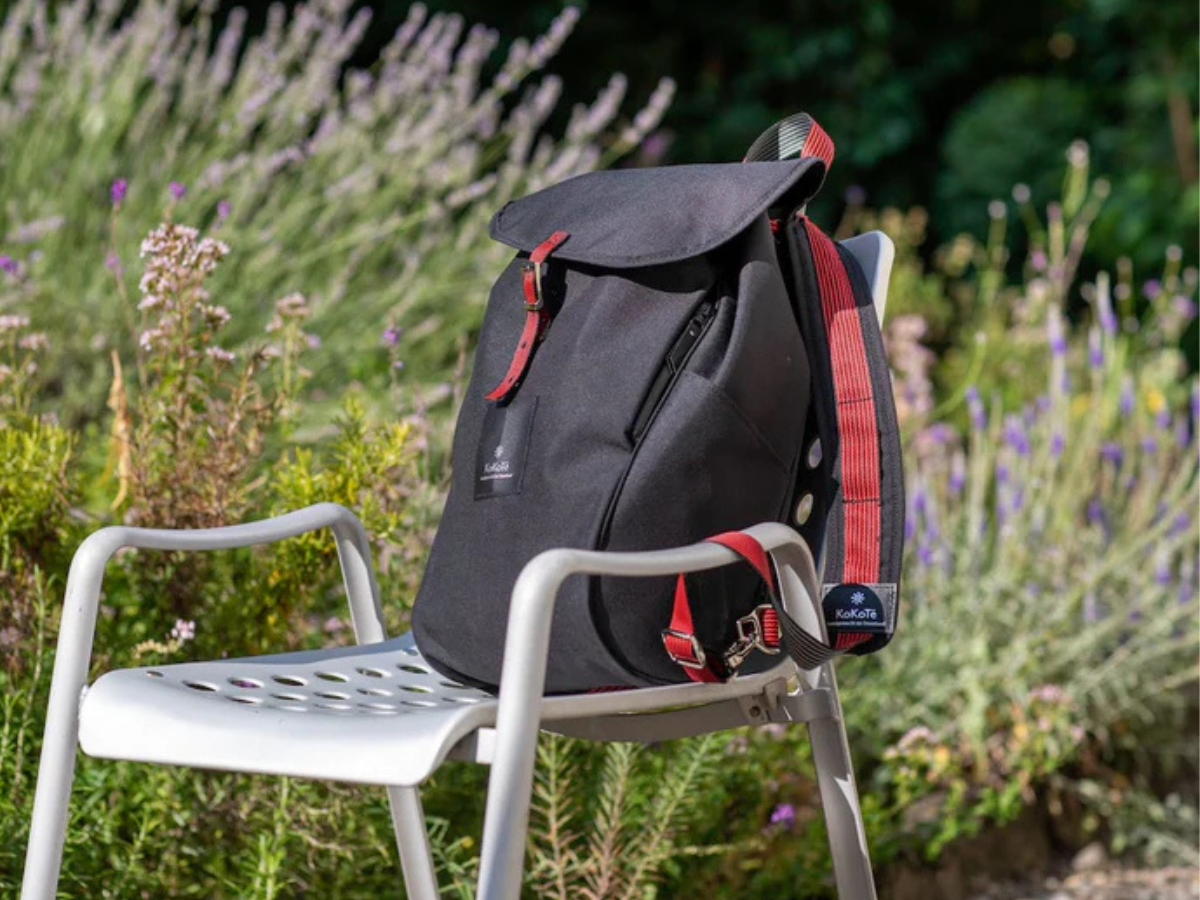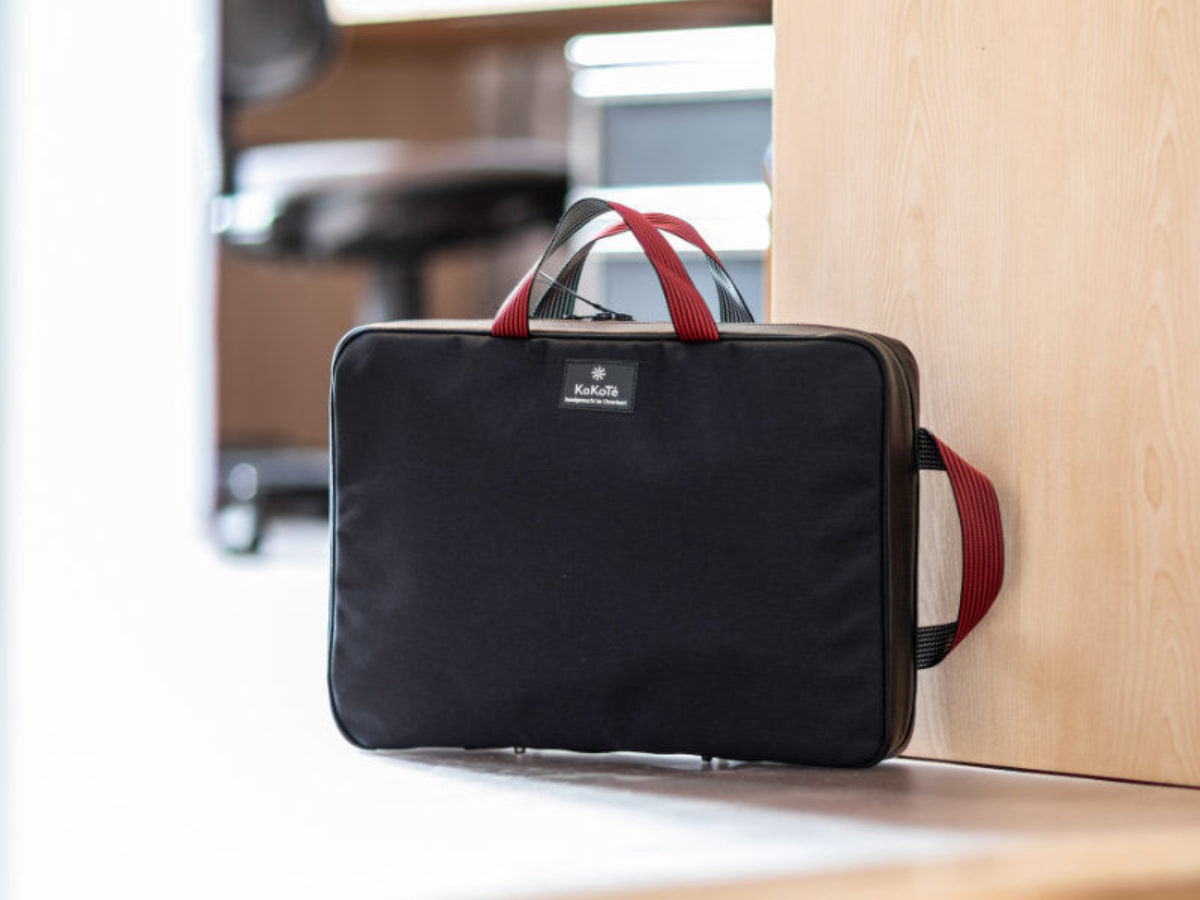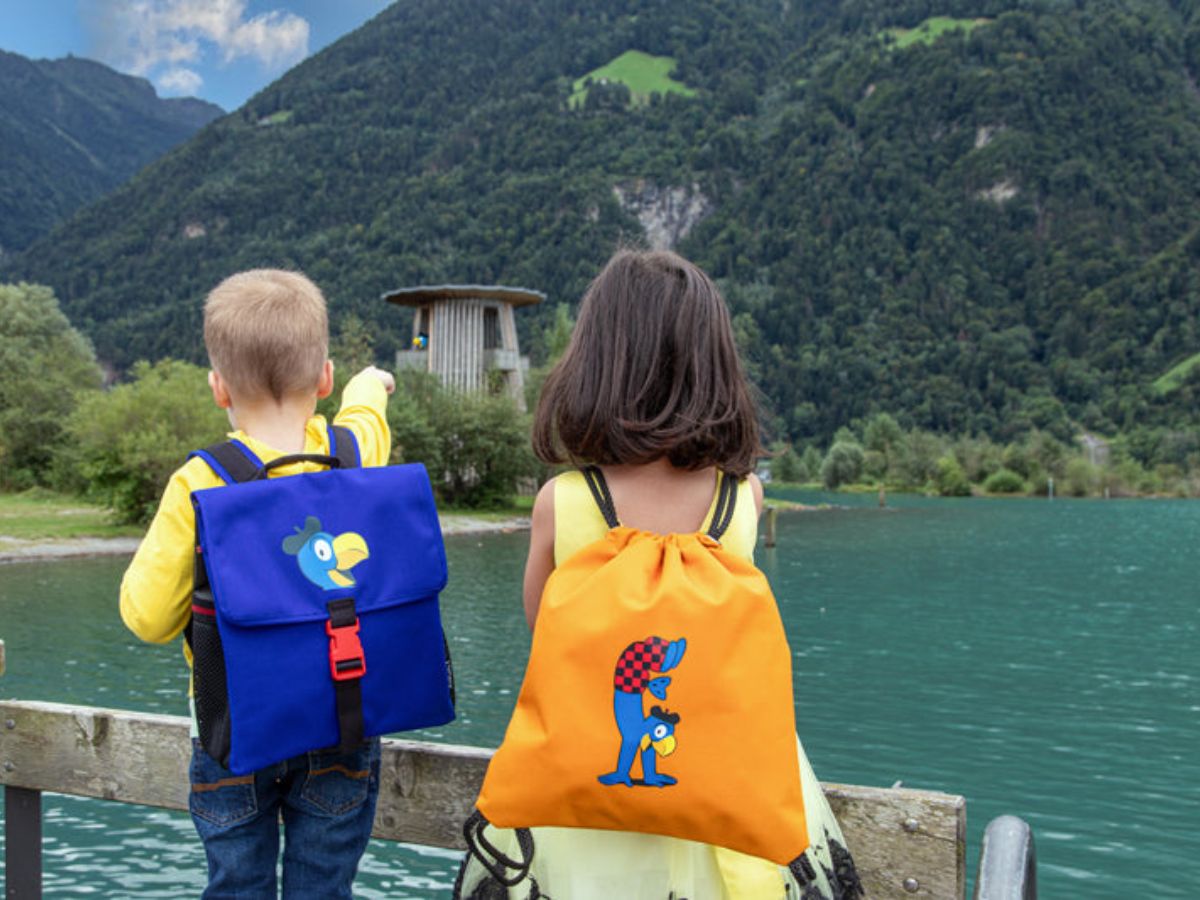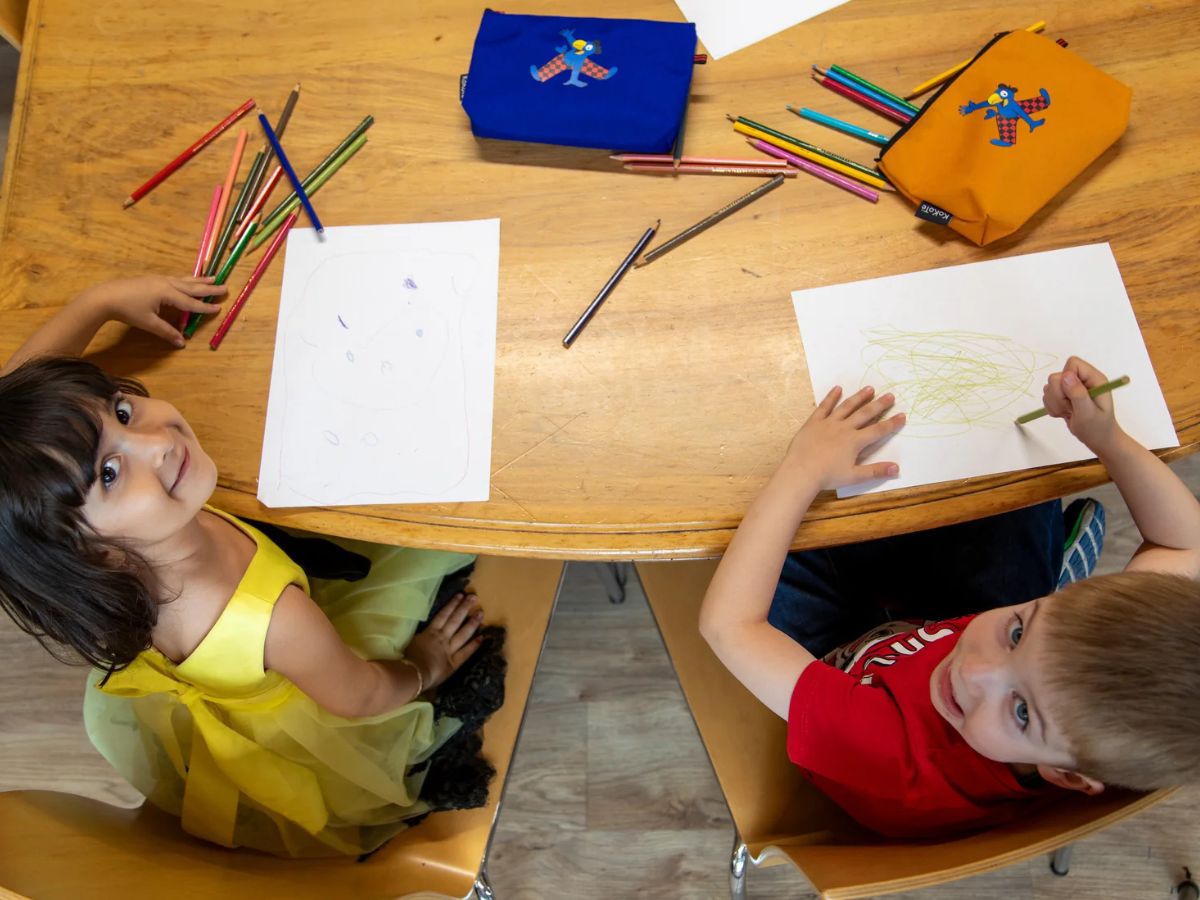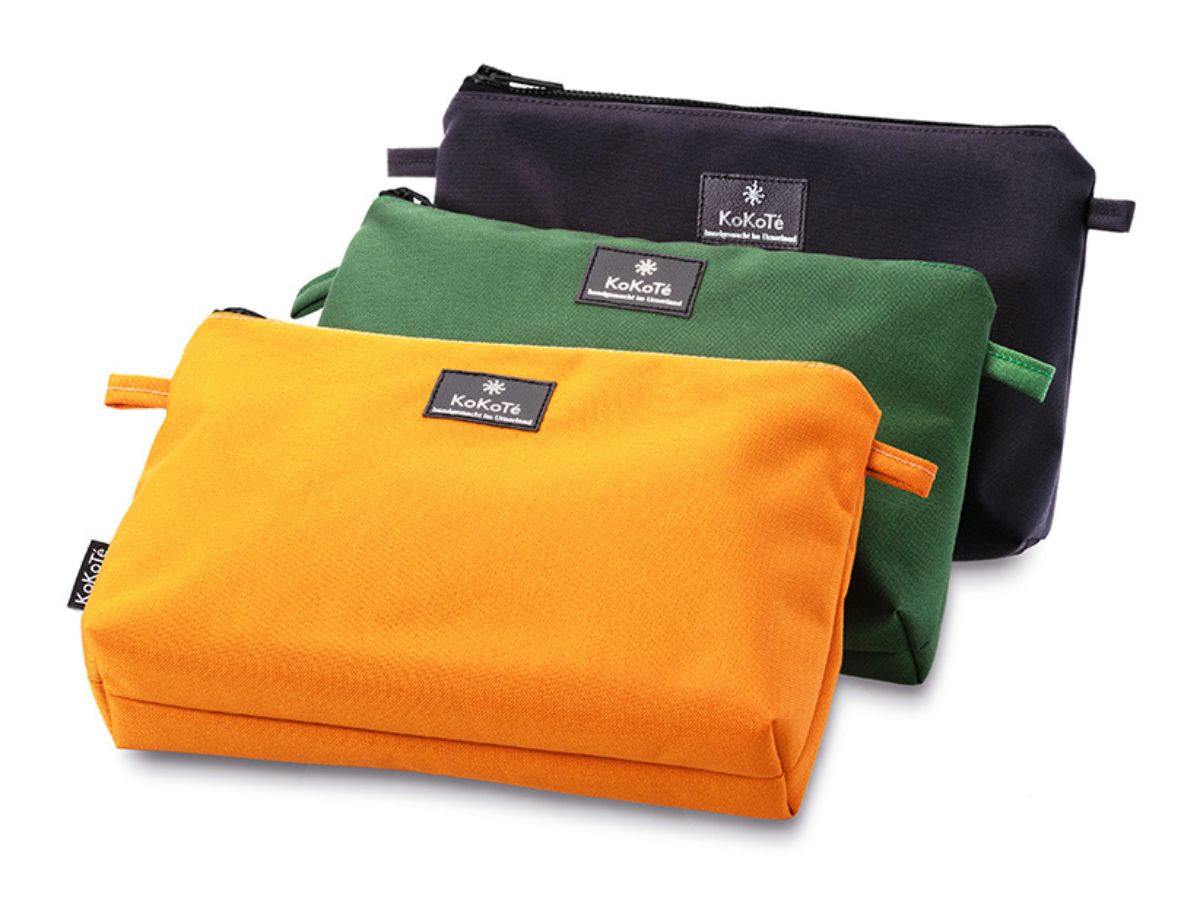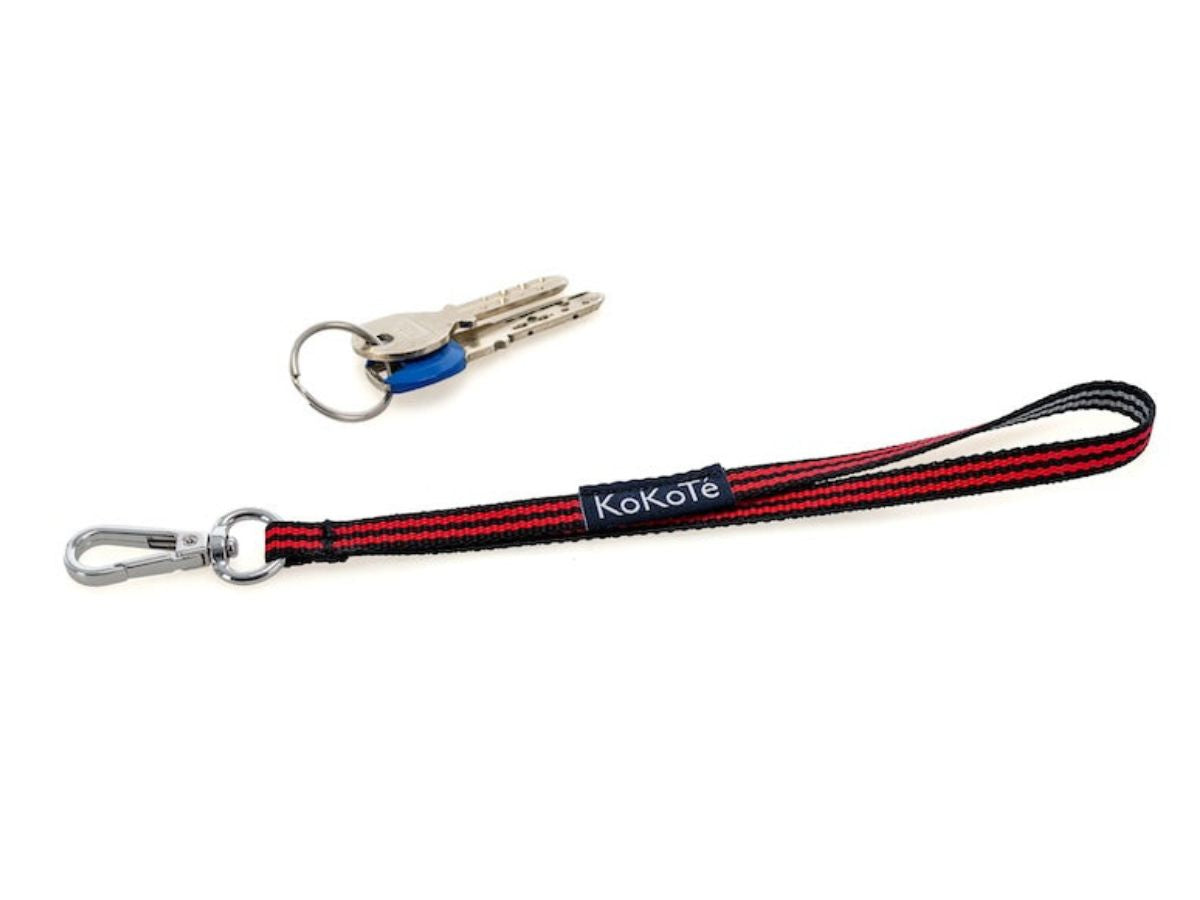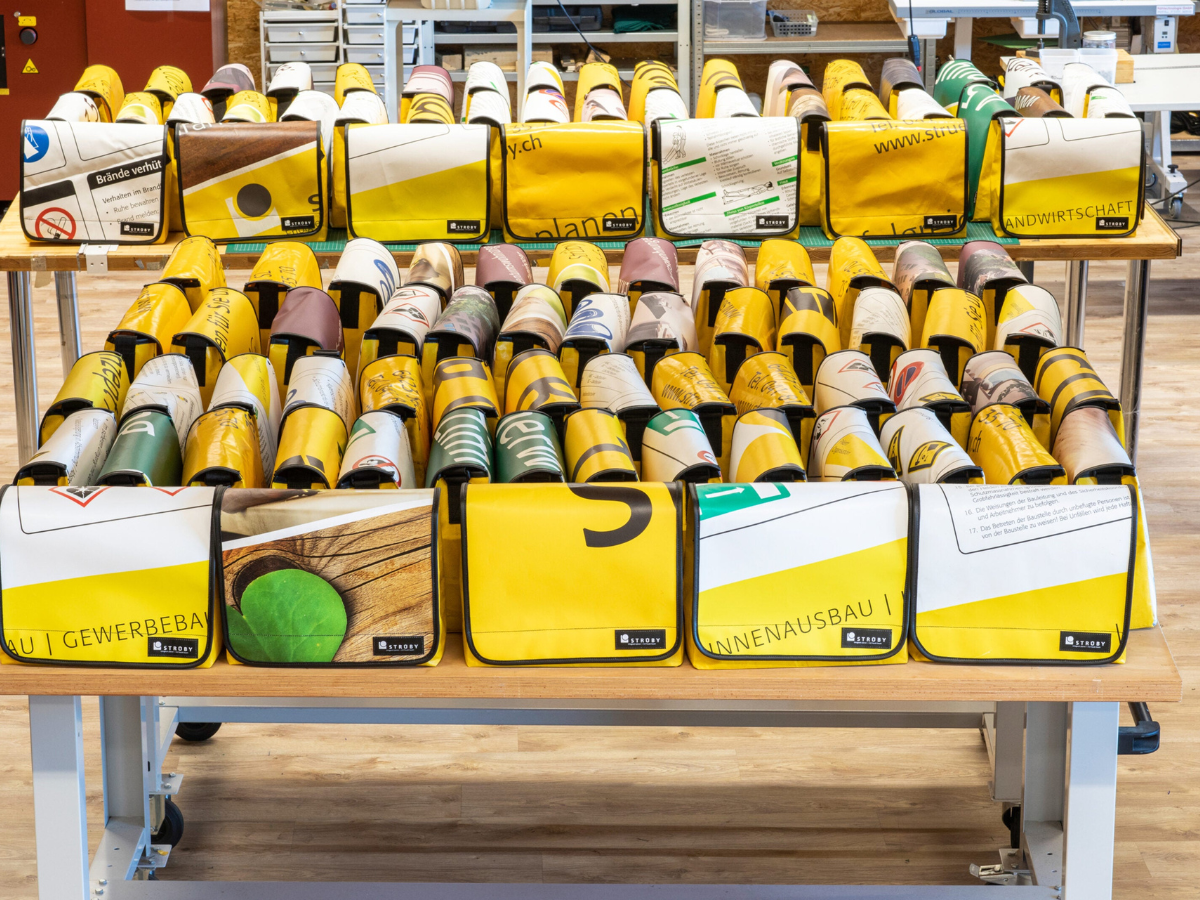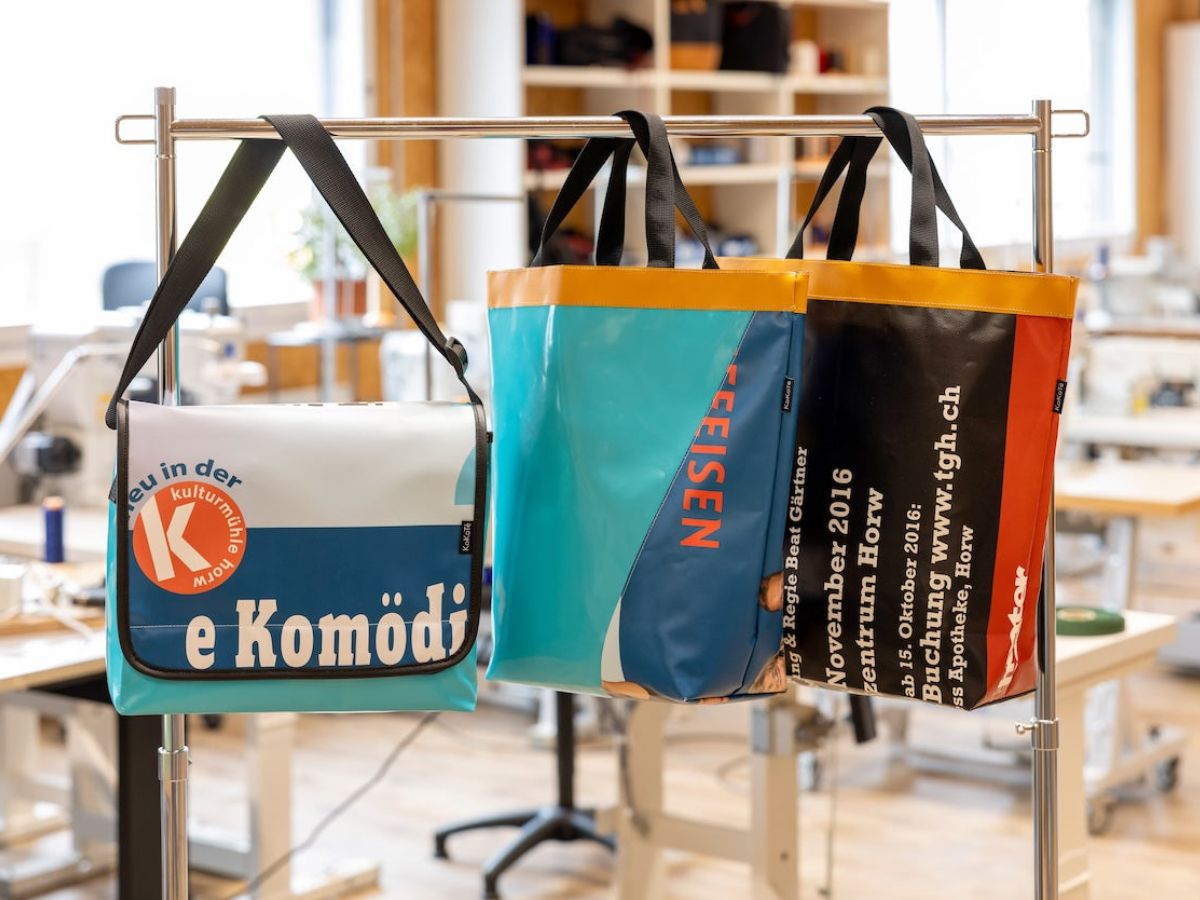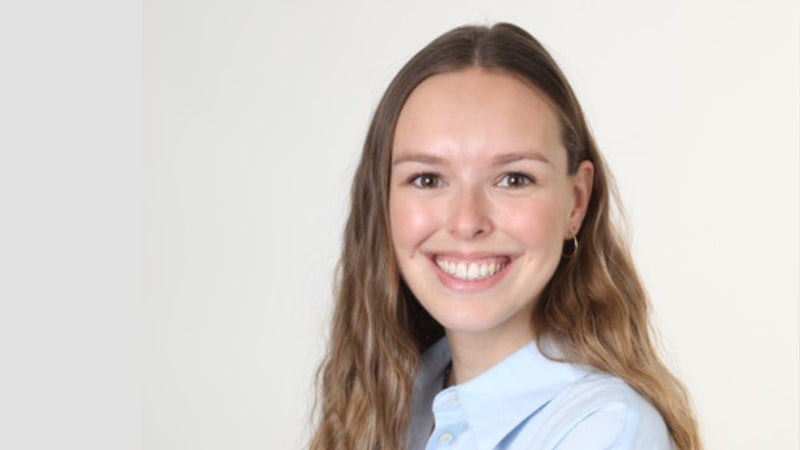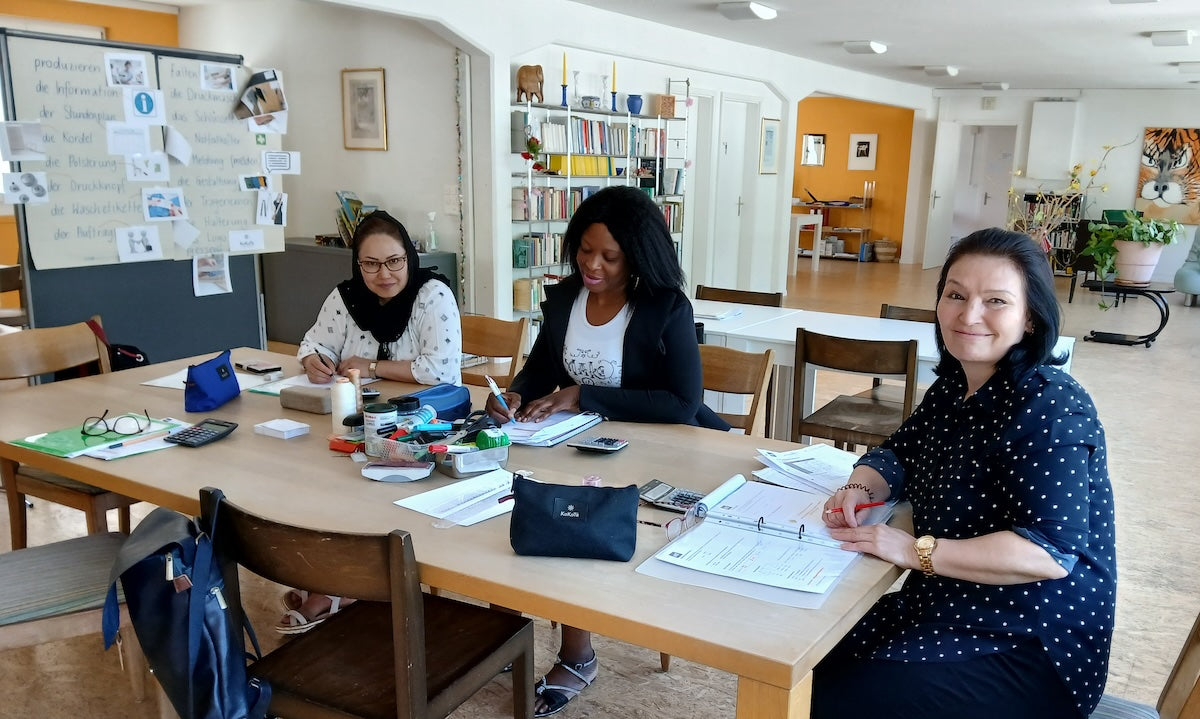"The head becomes light, the head becomes quiet"
Report by Senta Walker
You sew the seam ready, lift the sewing feet, pull out the fabric underneath and cut off the threads.
Shukriye Heydari, Amenee Nuri and Achinedu Enebeli leave their workplace, their sewing machine and come to the large wooden table that stands in front of the glass pane. We are in the light -flooded production facility of Kokoté in Schattdorf.
The three women are part of the group of people in Switzerland who are older than 25 years and do an apprenticeship. According to the State Secretariat for Education, Research and Innovation (SBFI), they are among the 12 percent of the learners who acquire their degree at over 25 years. The subgroup “Women with escape background older than 40 years” describes them even better. But this term does not appear in the statistics of the SBFI. Nevertheless, there are women like our three prospective textile practitioners with their stories and training experiences. You report on a special educational week in this table.
Five days in the Kerenzerberg sports center
Ms. Heidary, Ms. Nuri and Ms. Enebeli are back from the sports week of the Swiss Textile School (STF) in Zurich. In the Sports center Kerenzer BergAt Filzbach they spent five days in which sport and movement were the focus. What did you experience this week, learned?
First, Ms. Heidary, (home country Afghanistan), tells that she liked the sports week. It was very interesting, everyone was nice, she says. She has already known one of the teachers, Mr. Keller. The food, the people, the sport, being together with young people and the respectful dealings with each other appreciated them.
Ms. Enebeli (home country Nigeria) reports on the daily routine: first breakfast, from 8:30 a.m. two sports units, then lunch, later two sports lessons until 5 p.m. At 6:00 p.m. dinner. Good to participate, an interesting program.
Which sports were offered? The women are looking for words such as volleyball, tennis, football, basketball, table tennis, chess and yoga. They show photos on which young people juggle and describe a Japanese skill game, whose name, Kendama, we can find on the Internet.

Generation and cultural exchange
When asked how to feel as a middle -aged woman as a mother, when you spend a week with young learners in the sports camp, Ms. Nuri (home country Afghanistan) reports. She has two adult sons, i.e. her own experience in dealing with young people. The behavior of the young people in the sports week impressed them. The word respect falls again. Young people, teachers, the service staff, the cook, everyone was very friendly and helpful. They supported each other. No problems, she says, on the contrary. After nine years she was away from her everyday life again. A week without tasks in the household, in work and training. Then the head became light and quiet. She liked that.
Ms. Heidary continues to spin the thread. At the table they exchanged their own origin, age and family. She has three children herself. Living with the young people was easy. She likes to be with people, with young and old. She was pleased that the young people came to her. She felt accepted in the group. They would have eaten like at home. Lots of salad and vegetables, spaghetti, pizza and more.
Ms. Enebeli also comments on the topic of sports week with young people whose mother could be. It was not so easy for them to approach people. But that has nothing to do with the young, the course instructor and the house staff. It is naturally shy. It would have been easier for her if she had been in a sports group with the other two women. The fact that this was not the case was a real challenge. There is also the German language. She understands most of what you say about her. But talk yourself and answer questions? Sometimes the words would be missing. So it was good that she was able to practice speaking with the young people.
Sports in the home country and sport today in Switzerland
The entertainment continues with the topic of “Sport in the home country and sport in Switzerland today”. The two women from Afghanistan both remember the time when you could do sports in Afghanistan as a girl and woman. Cycling, motorcycling was also allowed. But since the Taliban had taken over the power, a lot has changed. Over the years - also on the run - they had met other ideas, found their own way to live their life in harmony with their culture. Doing was always part of it.
Ms. Enebeli tells of her youth in Nigeria, where she played football in primary school. Singing in the church was also associated with a lot of movement. Now she drives to the Schaddorfer Ried almost every day with the Velo from Erstfeld, sometimes to Schattdorf and to the Altdorf train station.
She would do exercises in the morning after getting up. Yoga and strength exercises are announced to wake up the body, Ms. Heidary answers the question of the importance of sport in her everyday life today. Ms. Nuri admits that she hardly finds time for sports during the week. On Tuesday evening she visited the German course at the vocational and further education center Uri (BWZ Uri) in Altdorf with the work colleagues. On Thursdays she drives with Ms. Enebeli and Ms. Heidary to the STF to Zurich. Otherwise she will work here in the manufactory during the week KoKoTé In Schattdorf, learns, does a habit and does the household. But at the weekend the time is enough to jog.
All tasks and duties remained at home
Our round of talks, which is also intended as a language exercise in German, is coming to an end. The women gave an insight into their lives as an older learner with a escape background. You have shown that you can communicate well in a newly learned language that you fit into our education and social system without losing your roots.
Ms. Enebeli is the first to summarize her impressions of the sports week: «Everything was fine: sport - especially tennis and volleyball games - the journey, the city, the mountains, the snow. Sleeping with the two colleagues in the triple room also went well. » "Sometimes" - she is looking for the right word and laughs - "snorkeled, we snored no. But that wasn't that bad. "
For Ms. Nuri, the days on Kerenzer Berg were vacation from everyday life. All tasks and duties remained at home. The physical well -being was well taken care of. An unusual, positive condition for you. In the center there was only sport, being with the young people, the here and now and the healthy tiredness in the evening. Ms. Nuri again emphasizes that this was her first longer break in nine years. "Leaving everything at home makes your head light and quiet," she repeats. «And then there is the story with the yoga teacher, Ms. Meyer. It is young, elastic and eighth month pregnant. I tried to do all movements. I stroked my stomach several times according to her model. When she noticed that, she laughed. She said I didn't have to do that, that is not part of the yoga exercise. She only calm her baby in the stomach bitch. We all laughed like that. "
Ms. Heidary concludes the discussion round. Her conclusion about the sports week: «Everything went very well, my body needs more sport and yoga. Then I feel better. - And what happens to our photos that we took during the sports week? »
Shortly afterwards, the three women sit at their work table in front of their sewing machine. The work material is clamped under the sewing feet and the machines start to rattle.
New pockets, bags that enable women to form their training, their livelihood are created.
Association Equilibre
The non -profit association Association Equilibre (A.E.) Since 2015, the project has been involved KoKoTé And further measures (mentoring program for refugees, priorory of integration, women's promotion program) for the formation and work integration of older people with escape background.
Shukriye Heidary (41), Amene Nuri (47) and Achinedu Enebeli (41) are supported by A.E. in their training as a textile practitioner EBA. You work 60% for the pocket factory KoKoTé And 40% for your own training. A.E. provides you with a specialist teacher, mentor: inside and an educational coordinator.


